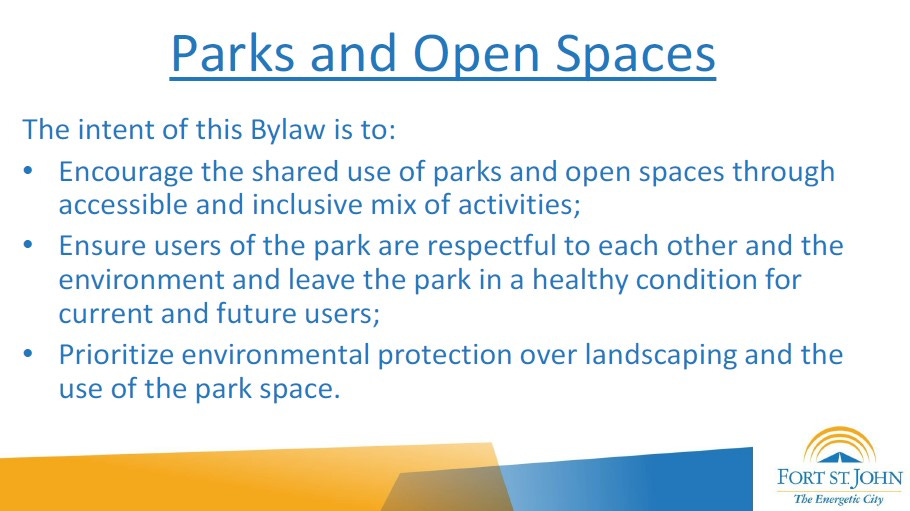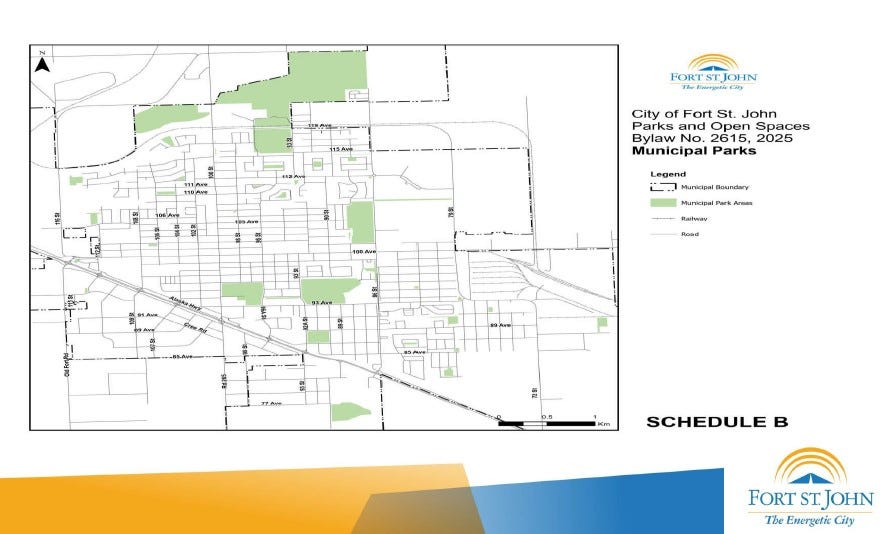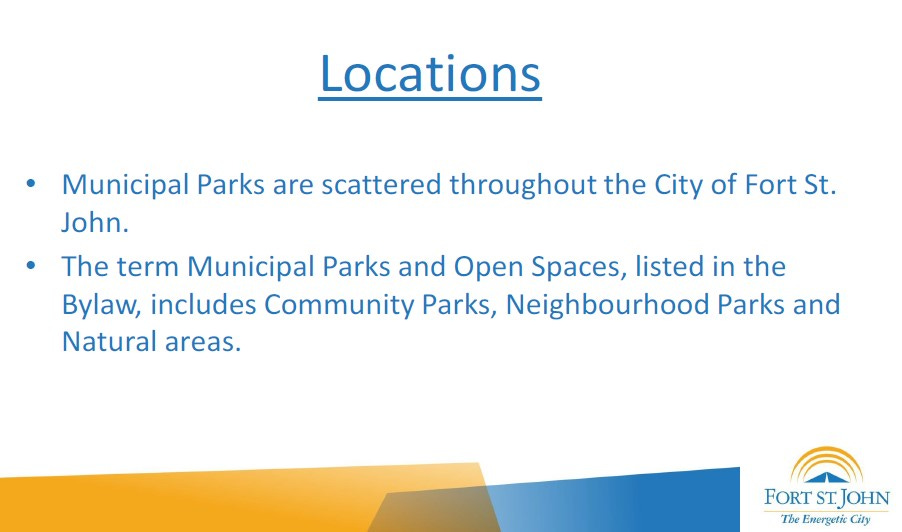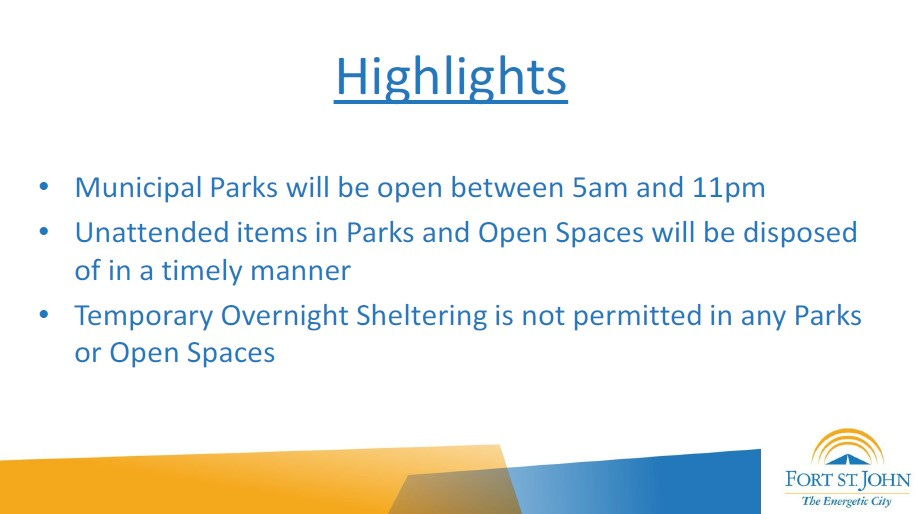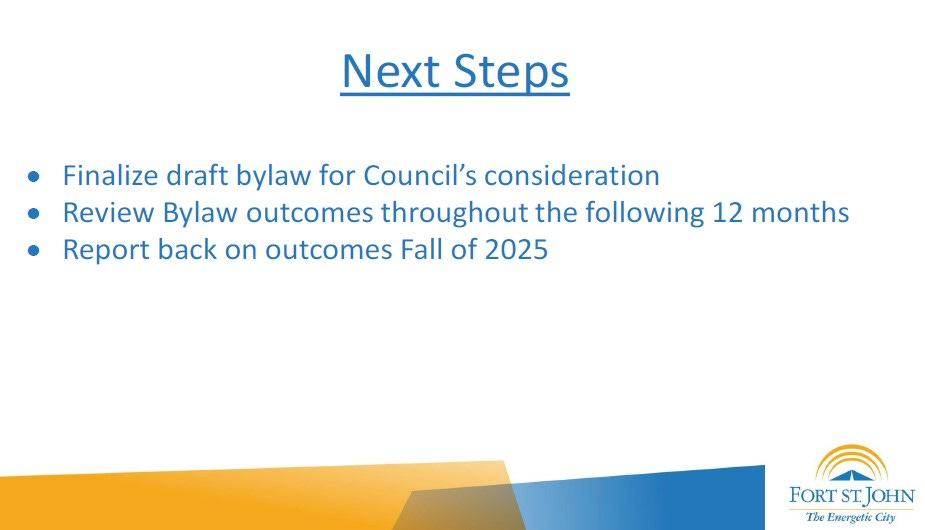What began in July 2023 as a notice of motion from Councillor Trevor Bolin in response to complaints from residents and businesses who were concerned about the proliferation of tents springing up in parking lots, alleyways and empty lots throughout the city, has at last become a brand-new bylaw.
Bolin’s resolution which started the process read:
“THAT, Council direct staff to review current City bylaws to determine options to manage soft-sided (tents, tarps, lean-to's) camping on public property and properties zoned commercial and industrial as well as properties zoned institutional, excluding events planned by that property holder. AND THAT, staff provides a report for Council's consideration."
Bolin’s resolution and the subsequent discussions of council raised the ire of both the province and human rights groups in the Lower Mainland, who perceived the resolution to be an attack on the rights of those people experiencing homelessness in the community. When the purpose of the research and bylaw was to protect the safety of everyone in the community, including the unhoused.
Community Safety Manager Erin Ferris presented the bylaw and the report of staff’s findings to the Committee of the Whole meeting on April 28.
The new Parks and Open Spaces Bylaw, originally intended to ban unauthorized camping in the city, achieves this goal, in part because following extensive research, the city’s Community Safety staff have determined that there are no encampments in the city.
The Public Safety Department conducted a pilot project throughout the spring, summer and fall of 2024, where staff entered semi-established temporary outdoor sheltering locations to learn about the different challenges individuals in these locations were experiencing.
From their research, which ended in November 2024 when people experiencing homelessness and living in camps relocated indoors as winter temperatures arrived, staff determined that the Emergency Shelter had the capacity to support those who were previously living outdoors.
With no encampments in the community, Fort St. John doesn’t meet the threshold for an Encampment Strategy to manage soft-sided camping in parks and open spaces.
Instead, the Parks and Open Spaces Bylaw is intended to encourage the shared use of parks and open space through an accessible and inclusive mix of activities; and ensure that users of the parks are respectful to each other and the environment, leaving parks in healthy condition for current and future users.
“With ongoing growth in both population and green space, the City of Fort St. John is committed to ensuring that parks and open spaces remain safe, inclusive and welcoming for everyone,” said Ferris.
“The bylaw is designed to maintain the thoughtful balance, protect the cleanliness, safety and accessibility for shared spaces for all.”
The bylaw applies to all Community Parks, Neighbourhood Parks and Natural areas within the city, which are referred to as Municipal Parks in the bylaw.
Key points of the bylaw include:
· Municipal Parks will be open between 5 a.m. and 11 p.m., to ensure public safety and prevent criminal activity;
· Temporary overnight sheltering is prohibited in any of the parks and open spaces;
· Unattended items in Parks and Open Spaces will be disposed of in a timely manner, as identified in the Traffic Bylaw.
Signage will be installed to indicate the access periods and activities allowed in municipal parks.
“With regard to items that have been left in parks and open spaces, we will be responding to them under the Traffic Bylaw, as a chattel,” she said.
“Where do campers go,” asked Bolin. “Because the province states that this bylaw would only be allowed to be in place if there was somewhere to go.
“Is there somewhere for them to go?”
Ferris replied that housing is a provincial responsibility and the city is regulating what happens only in the parks and open spaces.
Although the presentation said that staff would review the bylaw outcomes throughout the next 12 months, they will report back to council on the initial progress this fall.
“I believe it will be important to come back to council in the fall, as we have seen that people who were deciding to sleep outside, moved inside during that time,” said Ferris. “It will be important to review it during that period, and in 12 months from now we would come back and present.”




